The Internet: Web Browser Chapter Notes | Computer Studies Class 4 ICSE PDF Download
| Table of contents |

|
| Introduction |

|
| Computer Network |

|
| Internet |

|
| Requirements for an Internet Connection |

|
| The Internet Terminology |

|
| Net Surfing |

|
| Search Engine |

|
| Web Browser and Its Components |

|
Introduction
This chapter introduces young learners to the fascinating world of the Internet and web browsers. It explains how computers connect to form networks, the role of the Internet in linking millions of computers worldwide, and the tools needed to access it. Students will explore key terms, learn how to surf the web safely, and understand the components of a web browser like Google Chrome. The chapter also covers the history of the Internet, search engines, and proper online behavior, helping students use the Internet responsibly and effectively.
Computer Network
- Two or more computers linked to share data and information form a computer network.
- A simple network can be just two computers connected by a single cable.
- A wireless network joins computers without cables, using radio signals to send data between them.
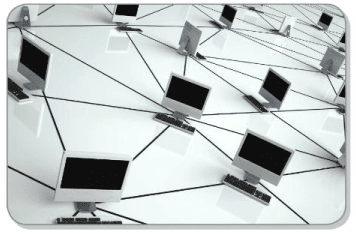
Internet
- The Internet is a huge, well-managed network connecting millions of computers around the world.
- It is the largest computer network, spanning the entire globe.
- Anyone with a computer and the right hardware can join this network.
- The Internet has transformed modern life by providing access to all kinds of information and millions of applications.
Birth of Internet
- In the 1970s, the US Defence Department created the Advanced Research Projects Agency (ARPA) for research and analysis.
- ARPA built a network called ARPANET to connect computers in different defence offices for sharing important information.
- Later, ARPANET was opened to universities and institutions for educational use.
- ARPANET grew over time, leading to the creation of the Internet.
Requirements for an Internet Connection
There are some hardware and software requirements to connect a computer to the Internet. Let's learn about them.
- Web Browser: A computer needs software like Microsoft Internet Explorer or Google Chrome to browse the Internet.
- Telephone Line: A phone line is needed to send and receive data.
- MODEM: A device called a modulator-demodulator (MODEM) connects the phone line to the computer, changing digital data to analog signals and back.
- ISP: An Internet Service Provider (ISP) is a company that provides Internet access; data goes through the ISP when sent or received.
- Some Indian ISPs include BSNL, VSNL, MTNL, Airtel, Tata, and Reliance.
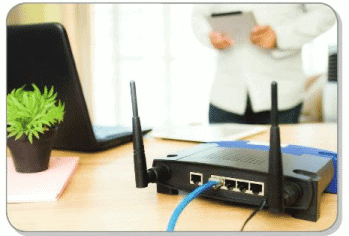
The Internet Terminology
The important terms related to the Internet are described below:- Home Page: The main or first page that opens when you visit a website.
- Hyperlink: Links on a web page, like text or images, that connect to other topics or documents.
- URL: Uniform Resource Locator, the unique address of a web page, entered in the browser’s address bar.
- Web Browser: Software used to view information on the Internet.
- Web Page: A page on the Internet with text, graphics, audio, and video, plus links to other pages, each with its own address.
- Website: A group of related web pages with information.
- World Wide Web (WWW): A collection of many websites, forming a web-like structure over the Internet.
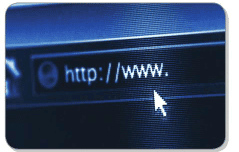
Net Surfing
- Net surfing is exploring the World Wide Web, moving from one web page to another without a specific plan.
- Users visit pages that catch their interest during net surfing.
- Links on the Internet appear as highlighted text, buttons, or images.
Search Engine
- A search engine is a program that looks for information on the Internet.
- Google (https://www.google.com) is the most popular search engine worldwide.
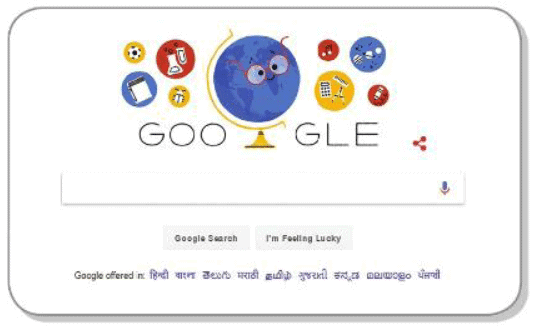
Other popular search engines include:
- Google Search (https://www.google.com)
- Yahoo Search (https://in.search.yahoo.com)
- Wikipedia (https://www.wikipedia.com)
Let's Learn to Find Information on a Search Engine:
- Connect to the Internet.
- Open a browser and go to a search engine like Yahoo or Google.
- Type keywords about the topic you want to search, such as 'Green Plants'.
- Click the Search button to find results.
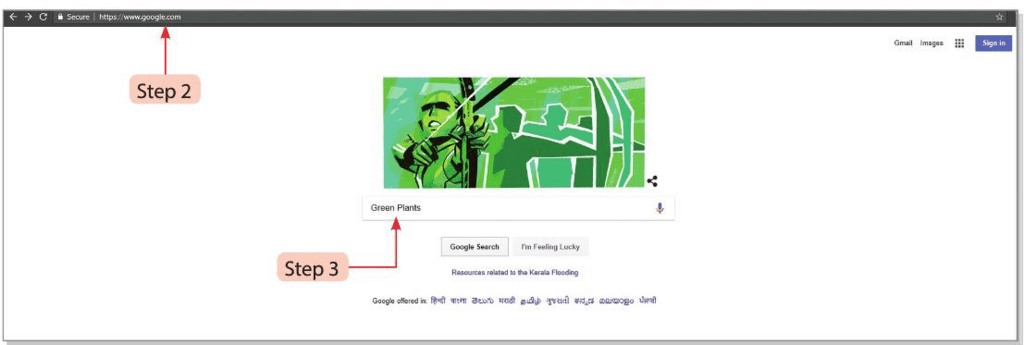
- You will see a list of various websites containing the relevant information about the topic.
- Click on the desired website link to get an access to the information.
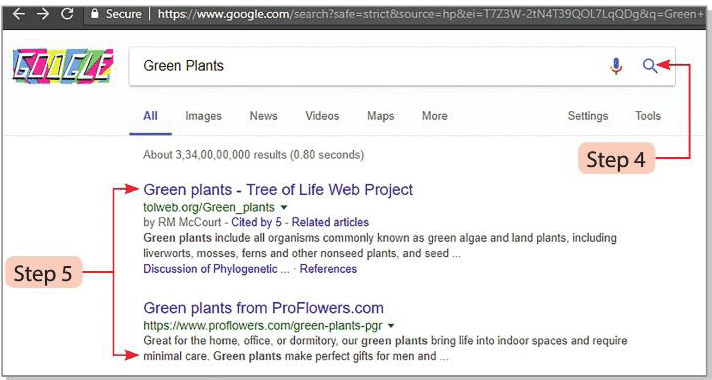
Web Browser and Its Components
Google Chrome is one of the most widely used web browsers. It is developed by Google.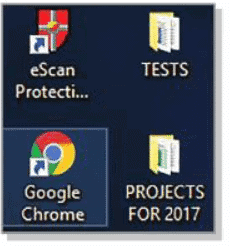 The user can double-click the icon present on the desktop to access the web browser. It can also be accessed by clicking on the Start button and then selecting Google Chrome.
The user can double-click the icon present on the desktop to access the web browser. It can also be accessed by clicking on the Start button and then selecting Google Chrome.
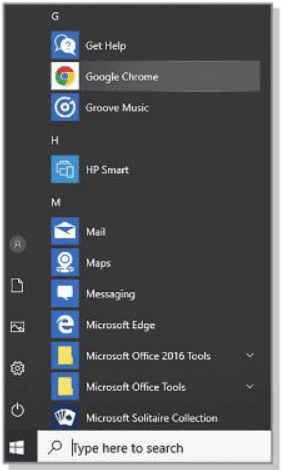
Various options in Google Chrome include:

- Back: Click the
 button to go to a previously visited page.
button to go to a previously visited page. - Forward: Click the
 button to view the next page after using Back, or to see pages in order.
button to view the next page after using Back, or to see pages in order. - Reload This Page: Click the button to load the latest version of the web page
 .
. - Bookmark This Page: Save and organize websites to revisit them later
 .
. - New Tab: Open a new web page by clicking this button; right-click a link and choose 'Open link in new tab' to open it there.
- Customise and control Google Chrome: This option allows the user to customise and control the Google Chrome settings.
- Some of the options that appear on clicking Customise and control Google Chrome are described here:
- Print: Print the web page you are viewing.
- Bookmarks: Save the current web page or all open pages.
- Zoom: Use + and - symbols to zoom in or out on the web page.
- More Tools: Access tools like Save page as, Clear browsing data, and Task Manager.
Glossary
- Computer network: Two or more computers connected to share data and information.
- Home page: The main page of a website.
- Net surfing: Searching for information on the Internet.
- Search engine: A program to find information on the Internet.
Points to Remember
- A wireless network connects computers without cables.
- Computers use radio signals to send data to each other.
- The Internet is a huge network of millions of computers linked worldwide.
- ARPA created ARPANET to connect defence offices for sharing key information.
- ARPANET grew over time, leading to the Internet.
- The home page is the first page you see when opening a website.
- URL (Uniform Resource Locator) is the unique address of a web page.
- A web browser is software for accessing Internet information.
- A web page holds text, graphics, audio, and video, with links to other pages.
- A website is a collection of related web pages.
- The World Wide Web is a collection of many websites.
- Google (https://www.google.com) is the top search engine.
- An ISP is a company that provides Internet connectivity.
|
24 docs|8 tests
|
FAQs on The Internet: Web Browser Chapter Notes - Computer Studies Class 4 ICSE
| 1. What is a computer network? |  |
| 2. What is the Internet? |  |
| 3. What do I need for an Internet connection? |  |
| 4. What is a web browser? |  |
| 5. How do search engines work? |  |















